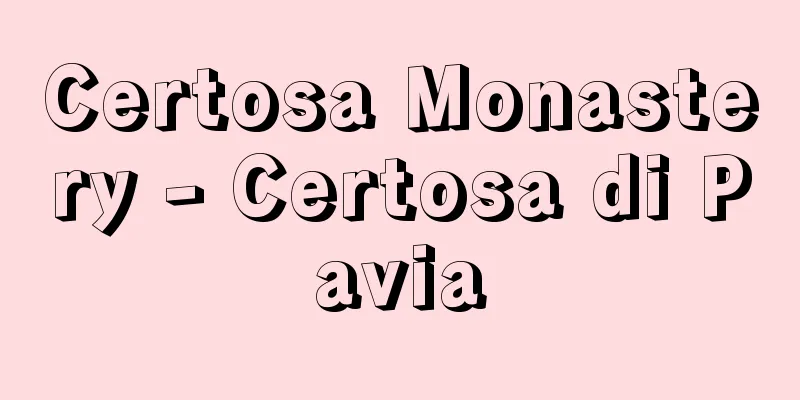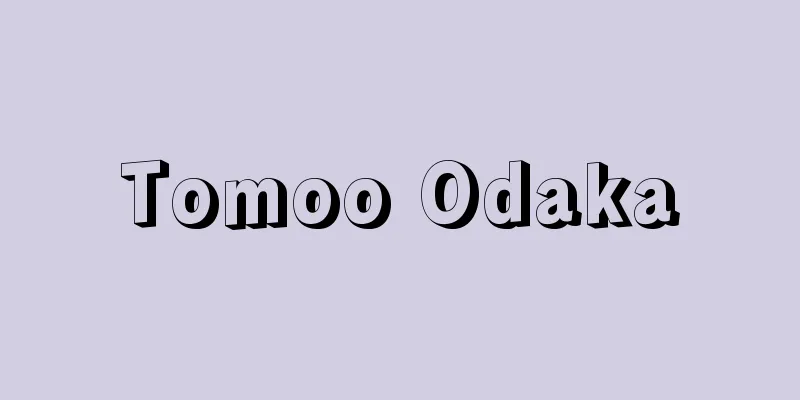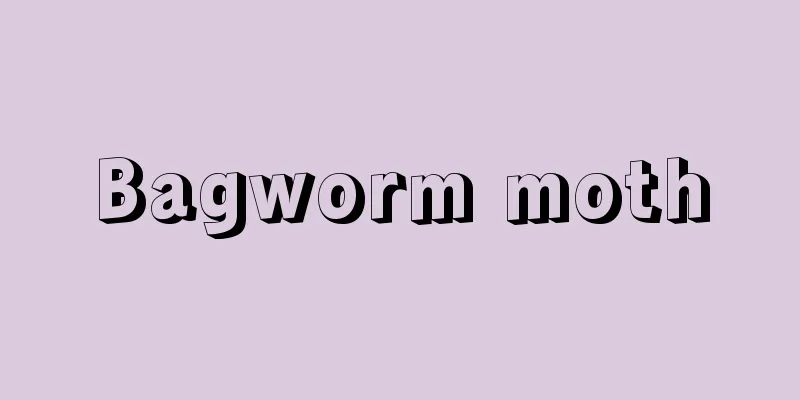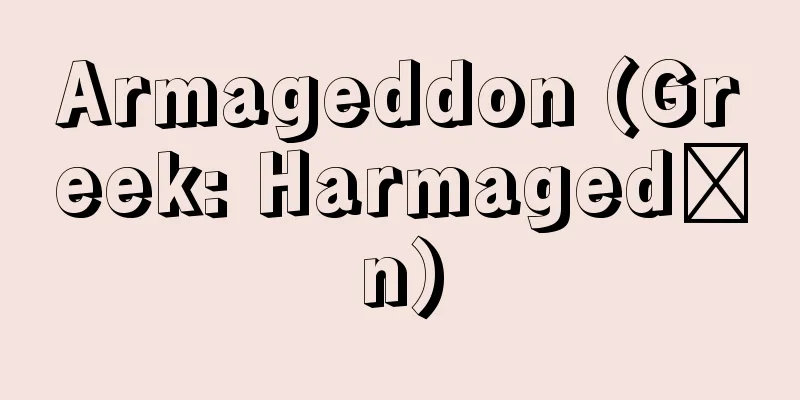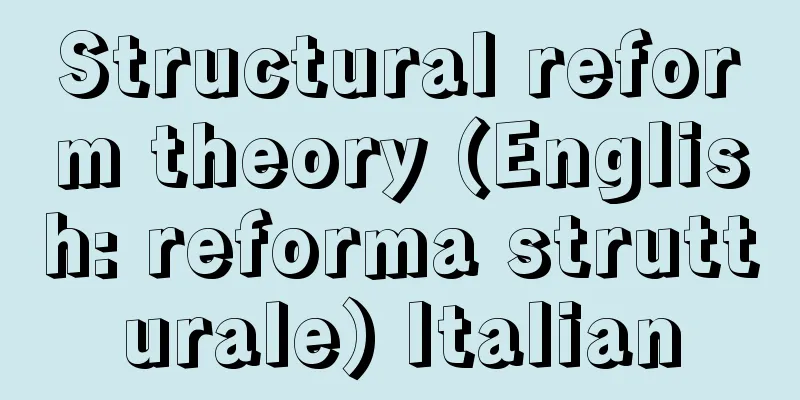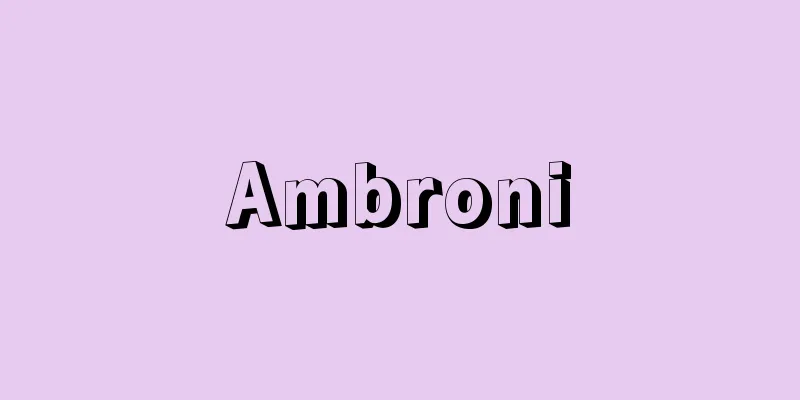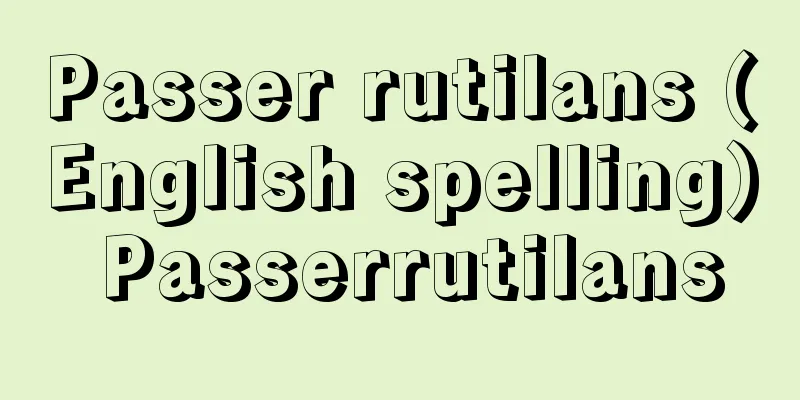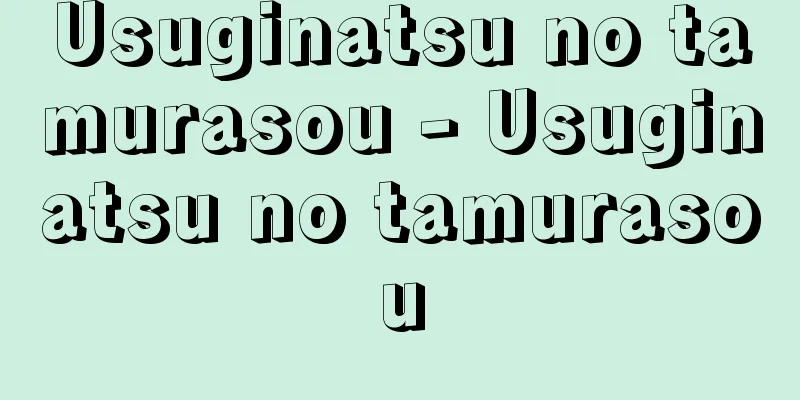Eternal prohibition on the sale and purchase of farmland - Denpatai ei baibaikin shirei
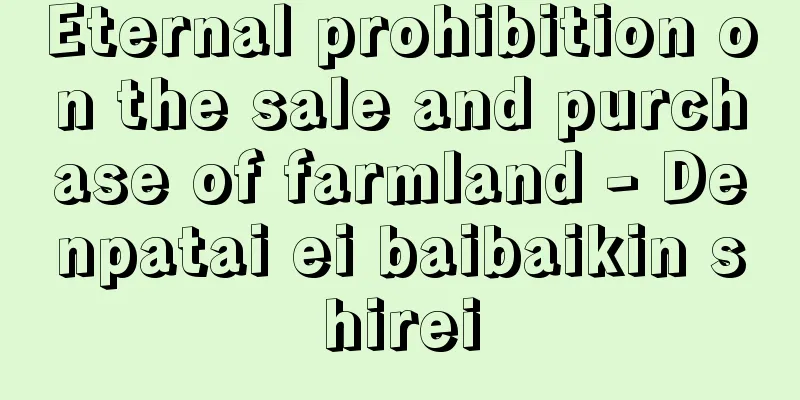
|
Along with the law Bunchi Shigenori (1673) which prohibited the buying and selling of hon-ryo (rice fields) by the Edo Shogunate in 1643, this was one of the basic agricultural policies. It prevented land confiscation and farmers leaving their villages, and aimed to maintain the hon-ryo (rice fields) and secure annual taxes. Violators of the law, both buyers and sellers, were punished with a felony, but in practice, the law was violated through pawning and writing in (mortgage contracts). It was later relaxed, and the ban was lifted in 1872 (Meiji 5) after the Meiji Restoration. Source: Obunsha Japanese History Dictionary, Third Edition About Obunsha Japanese History Dictionary, Third Edition |
|
1643年,江戸幕府が本田畑の売買を禁止した法令 分地制限令(1673)などとともに農政の基本政策の一つ。土地兼併や農民の離村などを防ぎ,本百姓を維持して年貢の確保をはかった。違反者は売買両者とも重罪に処されたが,質流れや書入 (かきいれ) (抵当契約のこと)などの形で事実上破られた。のち緩和され,明治維新後の1872(明治5)年,禁が解かれた。 出典 旺文社日本史事典 三訂版旺文社日本史事典 三訂版について 情報 |
<<: Field rotation - Tahata Rinkan
>>: Radio Star Catalog - Radio Star Catalog
Recommend
Absolute - Zettaisha (English spelling) absolute English
The opposite concept of the relative. It means so...
Candy seller - Ameuri
A merchant who sells candy on the street. There we...
Japanese mitten crab - Mokkuzugani (English name)
This crab belongs to the family Grapsidae, order ...
Japan Line - Nihon Line
A valley in the middle reaches of the Kiso River ...
Kimi Kotani - Kimi Kotani
A religious leader in the Taisho and Showa period...
Surveyor - registered surveyor
A surveyor is an engineer who performs surveying a...
Kiyomoto Saibei (first generation)
...Lyrics by Misaya Fumitaka. Music by Kiyomoto S...
al-Hufūf (English spelling) alHufuf
...Inland, oases produce date palms and nomadic p...
Hojo Tokiyori
Year of death: November 22, 1263 (December 24, 126...
Manihot glaziovii (English spelling)
…It was introduced by the Portuguese in the 16th ...
Nachi Falls
A waterfall in the mountains of Nachi, Nachikatsuu...
Koga Itsaku - Koga Issaku
Electrical communication engineer. Known for his ...
Frontinus (English spelling) Sextus Julius Frontinus
30th - 104 Roman politician and author. He served ...
Alliance - Gasshorenko
China's foreign policy during the Warring Sta...
e-mail - e-mail
E-mail is like a letter exchanged over a network. ...
